Nitrous Oxide isn’t a laughing matter
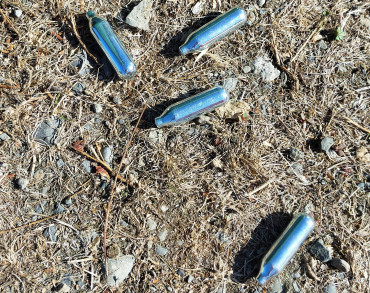

Nitrous oxide, (also known as laughing gas, nitro, N2O, NOS, nangs, whippet) is a colourless gas that is commonly used for sedation and pain relief.
It's also used by people to get high. There’s no such thing as a ‘safer’ drug. Nitrous Oxide may have that reputation, but it still carries health risks, and a number of deaths have been linked to its use.
When someone inhales nitrous oxide, they’re limiting the amount of oxygen going to their brain. This could lead to the person passing out, or dying through suffocation or heart problems. The risk of this is likely to be higher if the gas is being inhaled in an enclosed space, or if a lot is used at the same time.
When inhaling directly from tanks or whippets (bulbs), the gas is extremely cold (-40C degrees). This can cause frostbite to the nose, lips and throat (including vocal cords).
The gas is also under constant pressure which means it can cause tears in lung tissue when inhaled directly from these containers.
Stay safer by staying informed. Sign up to receive alerts and notifications about any dangerous drugs in NZ. Check out the alerts page to see what we've already found.
Prolonged exposure to nitrous oxide may result in:
- Memory loss
- Vitamin B12 depletion (long-term depletion causes brain and nerve damage)
- Ringing or buzzing in the ears
- Incontinence
- Numbness in the hands or feet
- Limb spasms
- Potential birth defects if consumed during pregnancy
- Weakened immune system
- Disruption to reproductive systems
- Depression
- Psychological dependence
- Psychosis
There’s also the risk of getting injured if a faulty gas dispensers explodes. Going through several gas canisters in a row with one cracker (a handheld device used to ‘crack’ a nitrous oxide bulb) can also cause cold burns to the hands.
While no drug use is the safest drug use, it’s possible to reduce the risks associated with using nitrous oxide by not:
- Using it in dangerous or isolated places where falls could cause injury or death. It is important not to drive or operate machinery.
- Putting plastic bags over the head or impeding breathing in any way.
- Spraying near flammable substances, such as naked flames or cigarettes.
- Drinking alcohol or taking other drugs.
- Using it alone. As with all drugs, it’s better to have people around that you trust and who have knowledge of first aid.
If you’re concerned about your own drinking or drug taking, you can reach out to the Alcohol Drug Helpline on 0800 787 797, or text 8681. You'll be able to speak with a trained counsellor who can provide you with helpful information, insight and support. They’re available 24/7, all calls are free and confidential.
Latest Articles
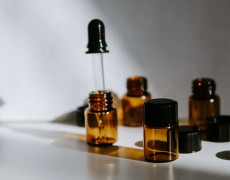
15 Apr 2024
Thinking of using GBL/GHB?
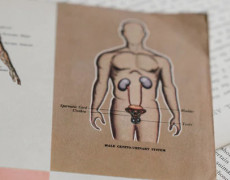
12 Apr 2024
Ketamine and bladder damage – know the risks
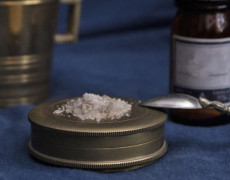
8 Mar 2024
Synthetic cathinones explained
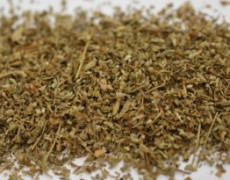
22 Feb 2024
What’s happening with synthetic cannabinoids?
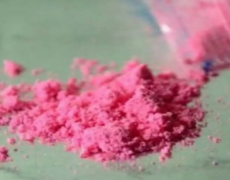
31 Jan 2024
What is tuci?
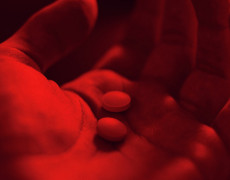
19 Jan 2024
Answering some common questions about MDMA

10 Jan 2024
Understanding the risks of the comedown

5 Jan 2024
Looking after your mental health

15 Dec 2023
Tips for a safer night out
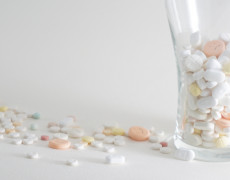
12 Dec 2023
To mix it is to risk it
